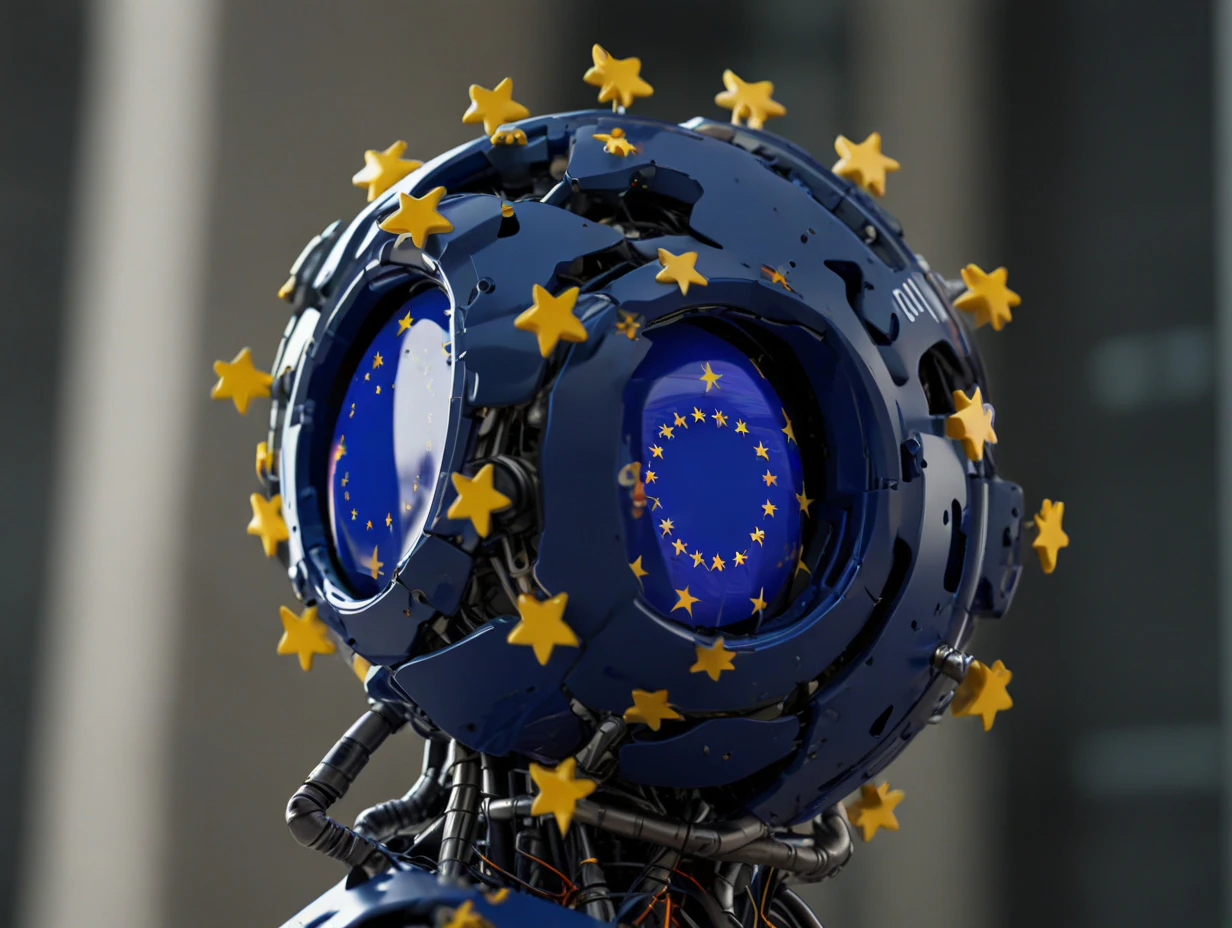The European Union (EU) has embraced bold steps that ensure the formation of a whole regulatory system that is responsible with AI safety, clarity, and ethical use. The new European Artificial Intelligence Act, implementing the latter is significant in the sphere of AI global governance, providing a comprehensive regulatory framework consisting of complex measures to control AI advancement and its use within the EU.
EU AI Act Provisions
European Union AI Act is built to address the numerous issues that must be solved, including controlling the potential dangers, protecting private life, and ensuring a good environment. Fundamental to the act is the risk-based strategy where the specific rules and regulations are going to be imposed based on the level of risks.
The Act will ban AI risky applications and requires the imposition of transparency rules to ensure the accountability of such AI. Also, any risky AI shall be assessed with risk assessment before launching such AI.
However, the European Union prioritizes AI applications by stressing the human supervision element, which requires preventing undesirable outcomes and guaranteeing safety in the services that people need.
Through this law, AI leaders are being made personally liable for their systems, which will discourage them from using AI for bad purposes such as putting someone’s life in danger or discriminating.
Intense eye aligns with AI EU rules
Melih Yonet, the Head of Legal at Intenseye, a top-running EHS (Environmental Health and Safety) platform based on AI, recognizes the importance of AI safety and privacy in the era of technology.
Yonet highlighted the indisputable fact that AI solutions need to have privacy-by-design principles embedded within them, and making use of techniques such as pseudonymization and 3D anonymization is undoubtedly one way of achieving that goal when it comes to mitigation of risks and ensuring the compliance with the regulatory requirements.
Along with this, he remarks that one of the key priorities is the designing of trust in AI systems, which he defines as a driver for innovation, productivity, and culture of safety.
Whether addressing psychological suffering or maintaining a sense of justice, mitigating harm and establishing accountability are central to rehabilitative justice.
EU AI regulation safeguarding against misuse
Along with the EU AI regulation the rules of which also include the question of possible bright of algorithms providing AI and their potential wrong use. This way, there is an opportunity to cause huge damage to individuals and societies.
This bill intends to curb bias and ensure that AI technology does not pose any threat to society. So, it asserts every liability that can safeguard against negative outcomes and also ensures that AI is deployed with all the necessary care. Yonet asserts that the separation of AI-generated content from reality, and ethics in AI use, are key elements in minimizing misinformation and preserving transparency in AI-centered processes.





